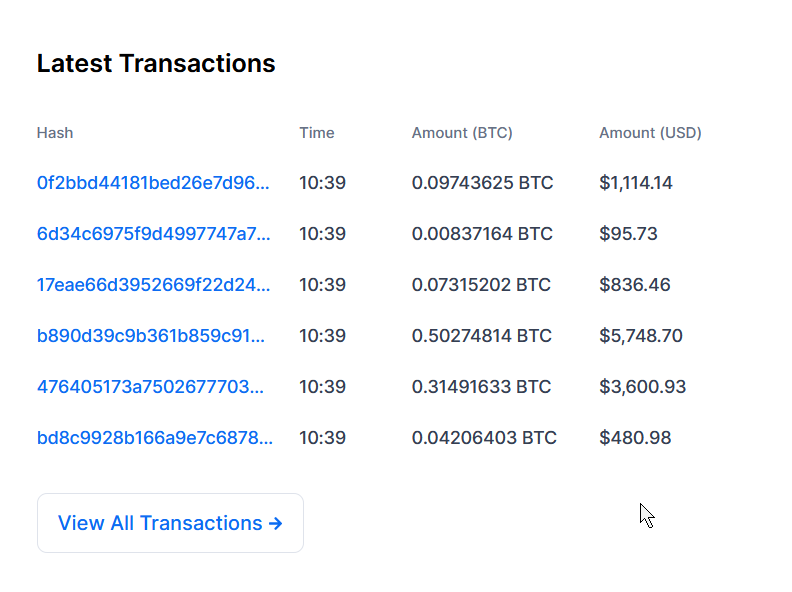Years ago I read a book on what make things go viral. I can’t remember the details, but I do remember that one factor was what the author called bragging rights. I call it the keeping-up-with-the-Jones’-syndrome. People tend to jump on a bandwagon before finding out where it is going, just because everyone else is doing it. This post aims to highlight the good, the bad, and the ugly of the Ethereum block chain to help you look past the buzz and decide whether to put that web app on the block chain or not.
When a friend asked my opinion to put a document collection and processing application intended for the general public in support of the local police service on the block chain or not, my immediate response was a clear and confident no. Here’s why.
Disclaimer: I am no specialist on any of the block chain technologies and know just enough to ask the right questions and this is my objective opinion based on my personal research from an end-user perspective.
Ethereum is fast becoming one of the most popular block chains available. There is a lot of good and exciting things happening in the Ethereum space, but first things first.
A dummies guide to block chains and Ethereum
For those not familiar with block chains, the main promise that the block chain brings include decentralization, transparency and privacy for financial (for a lack of a better term) transactions.
Ethereum took the block chain technology with all these benefits to the next level by creating an entire ecosystem — including financial transactions but so much more — based on the same principles. It can thus rather be seen as a block chain technology platform than a crypto currency network like the BitCoin block chain. Anything can be put on the block chain, and that’s part of the vision of Ethereum — to create the next web.
_Decentralization _refers to the concept of distributed decision making and what caused the initial buzz as it was directly opposing the centralized systems of banks and financial institutions. In other words, and in rather very simplified layman’s terms, there is not one decider responsible for decisions affecting the masses and thus no single point of control. Without a single point of control the boundaries and red tape instituted by governments and financial institutions that discriminate against people considered not part of their team are broken. It makes it possible for anyone, anywhere in the world — as long as they have internet and a device — to transact with anyone else, anywhere in the world.
Just take a minute to consider the impact of that because it’s really big.
It basically means all borders between countries are removed to create a single world where all people are equal in terms of value exchange for services and goods.
It also means no more corruption and no fraud with money laundering something of the past. In an ideal world that is. Each block chain transaction is transparent and permanent meaning anyone — including you — can view all transactions that has occurred — from people you know and people you have never met.
One example of what’s called a block chain explorer can be found here, where you can search for any transaction, address or block.

That means no more lies and no more secrets which I think is a massive benefit to humanity in general and the core reason why the technology became so popular.
In terms of finances though, for which the Bitcoin technology was originally intended, the biggest benefit is however the promise of zero fees, fast transactions and equality, with anyone able to receive and send currency to anyone anywhere in the world. No long bank forms to complete, high fees and long waiting times to send money across the border. No person excluded from the ability to send or receive currency, including the millions of people born ‘illegally’ in China (how can a living person be illegal?) when they weren’t allowed to have more than one child, the _‘illegal’ _immigrants having risked their lives in search of a better life in a country they were not lucky enough to be born in, or those who are restricted based on their nationality from transacting with the rest of the world because of the crime of a leader they don’t even support, like Zimbabwe.
That’s a world I want to live in and a value exchange system I will support. Each person should have the right to participate in life so to speak and part of that means the ability to pay and get paid.
If banks and our current financial systems and governments were working well (meaning taking the best interest of the people as their first priority) there would be no reason for people to look for alternatives. But it isn’t working that well and it’s inevitable that it must change. It’s no longer a question of IF, but WHEN.
Digital seems like our best option going forward, and the original block chain the most fair.
So it makes sense that we start replacing the old financial systems with new ones and Ethereum has embarked on a journey to do just that, quite enthusiastically, if I might say so.
Ethereum, however, does not restrict itself to financial transactions like Bitcoin. You can literally put anything on the Ethereum block chain. It is the Google Play Store on the blockchain with an app for everything, starting with DeFi (decentralized finance). There are games, market places and even job boards available with each day more apps being released.
#blockchain #ethereum #digital #user-research
